Are we all addicts? Why can’t we stop the damage we’re doing to our planet?
This piece was created after seeing footage of bottom trawling fishing. It’s a personal reflection on why we can’t seem to stop destroying our planet, even when we know the damage we’re doing.
Sinead O'Carroll
7/3/20258 min read
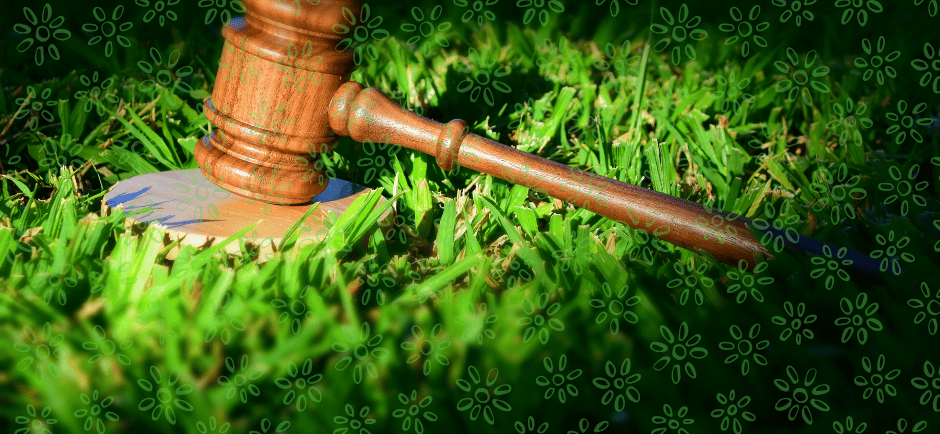

Why can’t we stop destroying the planet, even when we know we’re doing it?
Addiction can be a challenging subject. There are many different viewpoints, some based on science, others on opinion. Our opinions are often shaped by personal experience and our capacity for empathy and understanding.
Nonetheless, I feel safe in saying that, in the clear light of day, addiction is a negative force in our lives, for the addict, their loved ones, and society.
Take, for example, an addiction to class A drugs, often considered the most serious kind. The person may be struggling with substance use to the point where they’re deteriorating physically and mentally. The addiction is ruining relationships and deeply hurting the people that matter most. Yet, in many cases, they simply can’t stop.
I know there’s a debate: can’t stop versus won’t stop. But in this situation, I feel we’re splitting hairs. Nobody truly wants something to consume their life.
This may seem like a roundabout way to connect addiction to the damage we’re doing to our planet, but I believe the comparison fits. We know the thing we’re addicted to is harmful, yet we keep going.
Most of us are aware of the main causes of environmental harm. Even if we don’t understand all the details, we’ve heard the broad strokes and have a general understanding.
People, companies, governments and world leaders all know our actions are causing a climate catastrophe. But we just can’t stop.


Taking action on an individual level
On an individual level, doing the right thing can be hard, especially when the system isn’t built to help us make ethical or sustainable choices, but to offer comfort, convenience, pleasure, and ease. We’ve come to depend on those things. Choosing another way can feel like a fight.
Yes, we can say we won’t buy fish caught using bottom trawlers. But when we’re in the supermarket, does the packaging clearly explain where the fish came from? In a restaurant, it doesn’t make for an enjoyable meal to ask, in detail, about every ingredient’s origin.
We can commit to buying clothing from sustainable brands, but the amount of greenwashing is frightening. The supply chain has so many layers that even companies themselves may not fully know what’s going on. One area looks good, so they think they’re doing the right thing, until you dig deeper and discover the next link in the chain could scare the socks off you.
Even when you do find a clothing brand doing things right, the most sustainable option often feels out of reach financially because fast fashion has driven prices so low that we’ve stopped seeing the true value of our clothes.
Don’t fly - go by train or car. But the airline may just put on a sale to fill the seats, or worse, fly the plane half-empty.
You could give up meat. But then you see everyone around you continuing to eat it. You walk through a supermarket and see aisle after aisle of meat. You think about how many supermarkets are in your city, country, and the world, and begin to imagine how much meat is consumed… or wasted.
Then there are the “fun” folk who say, “Oh, you don’t eat meat? I’ll eat double for you.” It’s not just keyboard warriors online – it’s friends and family too. (If I sound bitter, it’s because I might be. Just a bit.)
Still, individual action does matter. If enough of us act, and keep acting, we can drive change.
There’s truth in voting with our money. And doing what you believe is morally right feels good - it’s part of being authentic and true to yourself.
If some greater power you trusted completely said, “Eat the bottom-trawled fish, buy the £5 T-shirt, take that flight, or eat that beef burger - and you will destroy the planet,” would you still do it? Even if doing the right thing felt difficult, awkward, or inconvenient, I reckon you’d do what’s right.
Because deep down, most of us aren’t keen on killing off our planet. But the uncomfortable truth is, we can’t kick our habits.
We are destroying the planet. And we can’t stop. We are addicted.
Taking action on a company or organisational level
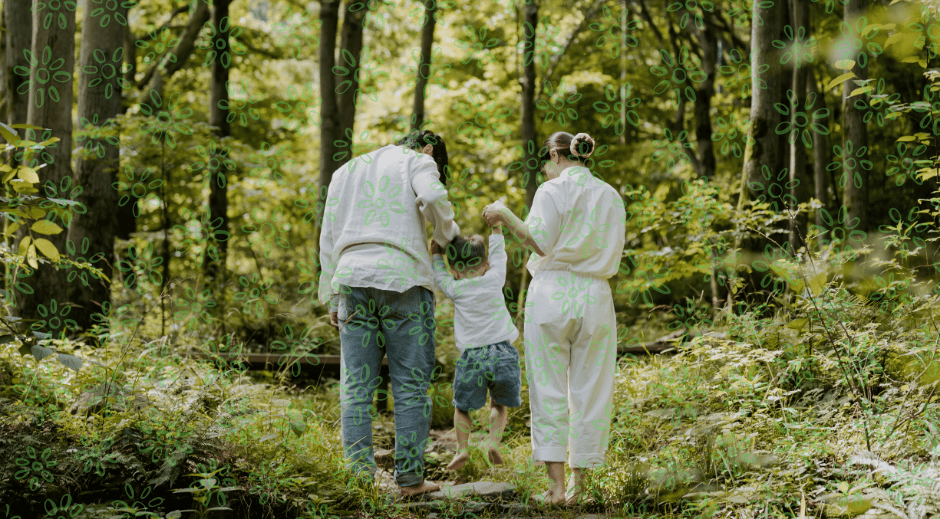

This is the next level, and it holds more potential to create change. So, I believe, even greater responsibility lies here.
Let’s not take the individual out of the picture, though. People start businesses - they aren’t created in a puff of smoke. So, just like in every situation, people are responsible. If we start a business, we shouldn’t receive all the benefits and bear none of the responsibility.
I don’t believe businesses should simply “do no harm.” They’re in a position to influence and impact, and they should be leading the way. If your audience is small, lead a few. If it’s big, lead many.
Wouldn’t it be great if all businesses prioritised social or environmental goals alongside profit? By that, I mean: it’s fine if they make a good profit and everyone in the company feels financially secure, but at the same time, the business is doing something genuinely good for people and the planet. And no, “our clothes make you feel good” wouldn’t cut it.
We know many businesses are not only failing to take responsibility but are actively causing harm and profiting from it. And as we all know: “There’s no business on a burning planet.”
So if business success depends on a healthy planet, why aren’t more companies taking action?
Because they’re addicted to short-term gains - to money, success, and the convenience of operating with just one goal: ‘success’ as they see it. And addiction typically stands in the way of long-term thinking.
They know the risks, yet they can’t (or won’t) stop.
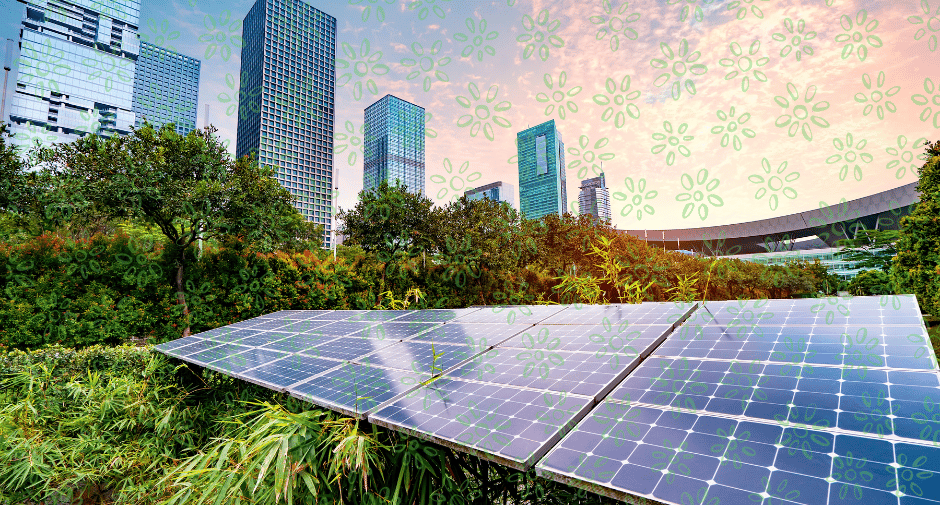

Taking action on a governmental level
This is it. The only sure-fire way to fix things is through laws and policies.
When we discover something is harming the planet, common sense tells me we should stop it or reduce it to levels that are no longer damaging. The biggest deciding factor shouldn’t be financial cost, or whose relationships (legitimate or not) might be damaged.
Leaders have a responsibility to protect people, and that means protecting the planet. We need it, after all.
Whether it’s national governments or international bodies, when something’s going wrong, it’s their job to fix it.
It’s up to them to make the hard decisions. But instead, they set “realistic” targets that allow years more damage. And when the time comes, new “realistic” targets are set, with excuses as to why the previous goals couldn’t possibly have been met.
If a loved one were in danger, many of our “realistic” goals would suddenly look very different. And rightly so - urgent problems need urgent responses.
Couldn’t we start looking at our planet as a loved one? Set some “unrealistic” goals - dramatic, outrageous, head-in-the-clouds goals - and then do everything in our power to meet them?
During the pandemic, we saw that urgent, large-scale action was possible. I’m not saying we got everything right, that’s a whole other discussion, but it proved that when a crisis becomes undeniable, governments can make big, difficult decisions that change daily life for almost everyone.
Hospitals were overwhelmed. Even the “important” people were at risk of dying. The problem was impossible to ignore.
Is that how close we have to be before we take real action?
To fix today’s environmental crisis, big changes are needed. Life will change. But who knows - it might even be better. Even if it’s uncomfortable at first, it’s what we need to do.
First, though, we need to admit we have a problem.
If this is our only option - if we want to survive - why isn’t it being done?
Addiction to power, influence, and popularity shapes our leaders’ decisions. But those things don’t often lead to the best outcomes for the planet.
A strong economy today matters most to world leaders, but at what future cost?
And who says the economy has to suffer? Our world leaders are the best minds out there, right? (Forever an optimist.) Surely they can think outside the box.
Those in power could choose a different path - the road less travelled. Some countries are already taking small detours, exploring new ways forward. We need more, much more of it.
We could all change the route on the sat-nav and see where it leads - by taking on the challenge to build a strong economy on sustainable foundations.
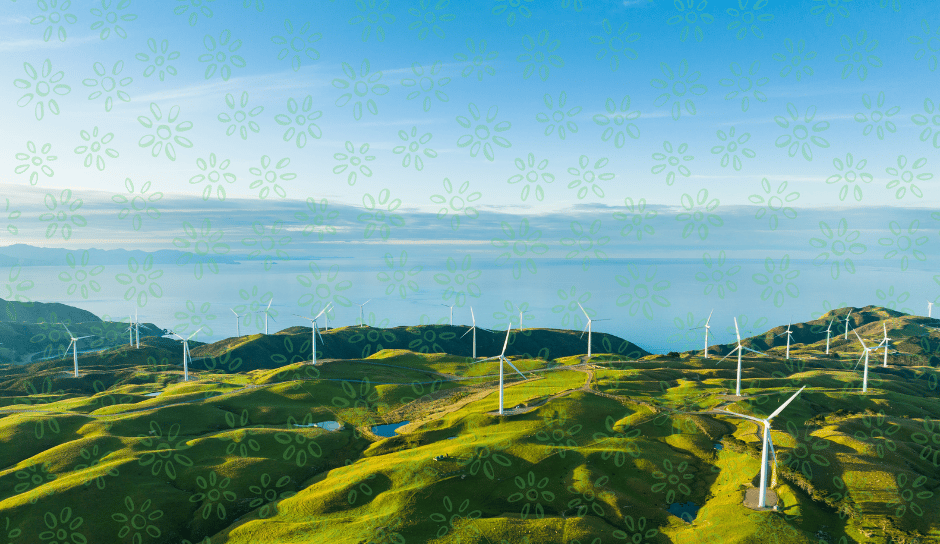

Destruction as clear as day
This post was inspired by my despair after watching footage of bottom trawlers in action. If you care about life even a little, it’s clear they are downright cruel.
The destruction is obvious. They’re not just damaging a spectacular ecosystem full of magic and undiscovered mysteries - they’re also wrecking something that supports all life on Earth, including ours.
We can see it, right in front of our eyes. But it’s still allowed.
And who came up with the idea to drag enormous nets across the ocean floor, destroying everything in their path?
And please tell me - who then allowed that outrageous idea to be carried out?
Yes, I know there are valid arguments for fishing, if done sustainably. But this is not fishing, it’s devastation! And it’s not sustainable, not for the planet, not for life on it, and not for the communities that rely most on the fishing industry.
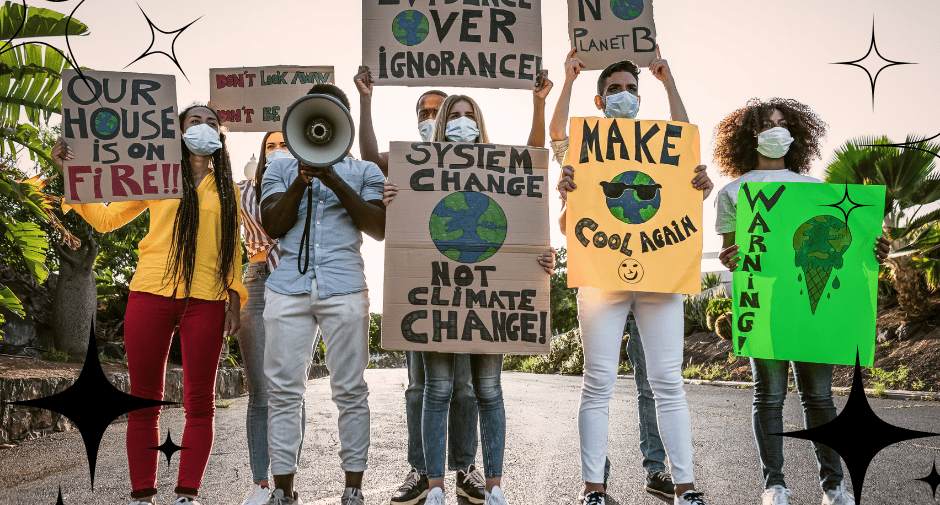

Now, what will we choose?
It’s clear we’re all addicted to comfort, convenience, profit, power, and growth. Individuals, businesses, governments, none of us seem able to give up the things we know are doing harm.
We tell ourselves it’s too complicated, too costly, too disruptive to stop. But deep down, we know that’s not true. We just don’t want to give up what we’ve built our lives and systems around.
We need to start being honest about that.
If we were really ready to change, we would have changed already. We have the information. We’ve seen the damage. And still, we choose to carry on.
There’s no way around it: we have to stop. Stop the excuses. Stop the delay. Stop the destruction.
And yes, that will be difficult. But it’s only difficult because we’ve made it that way, by becoming so reliant on the things that harm us.
Addiction is a powerful force. But so is choice.
And the longer we wait, the fewer choices we’ll have left.
Many things can be done by individuals and businesses, both big and small. But real change at the scale we need depends on immediate policy and law change.
We need decision makers to be strong enough to fight their addictions and do what’s right, even if it’s painful and uncomfortable. After all, our future largely rests in their hands.
